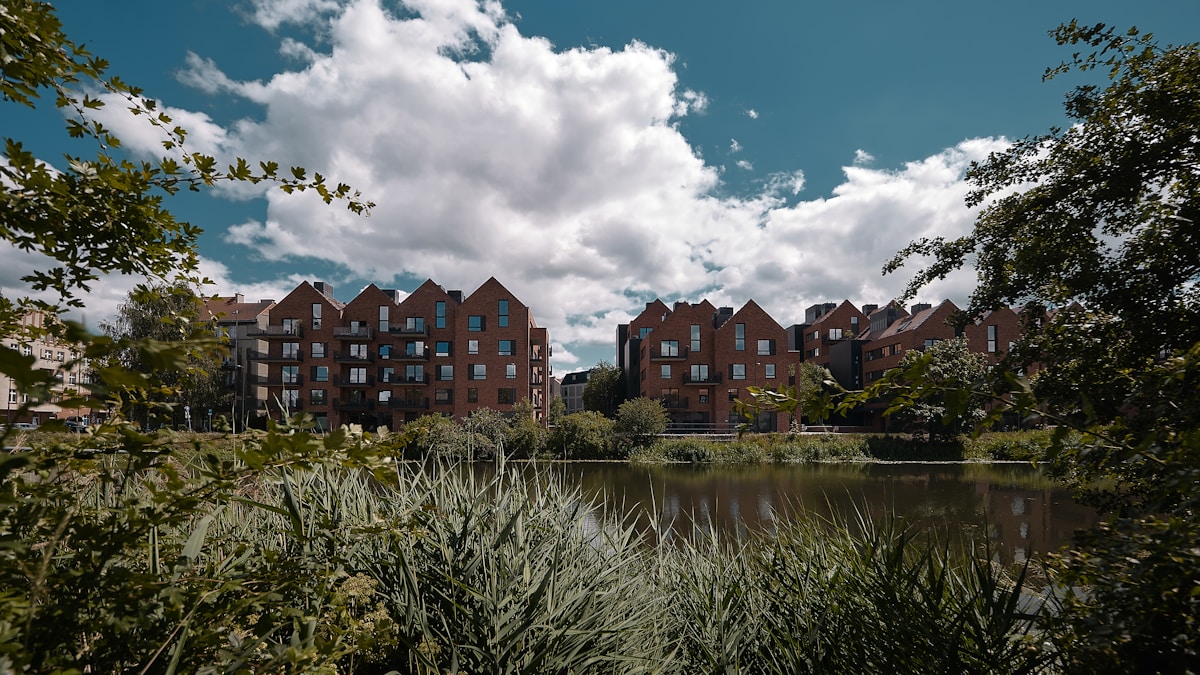Who Requests the Due Diligence Services?
Who Requests the Due Diligence Services?
For Owners and Investors, Occupants and Tenants, Facility Managers and Lenders
Who is eligible to request due diligence inspections?
When it comes to due diligence inspections, there are several parties who may have a vested interest in requesting them.

Tenants/users: Tenants or users of a property may want to request inspections to ensure that the property is safe and suitable for their needs. In addition to the aforementioned inspections for mold, asbestos, or lead paint, it may also be helpful to request inspections for other potential hazards such as radon or carbon monoxide. It is also important to ensure that the property is up to code and meets all safety standards, which may require additional inspections for systems like electrical or plumbing. Regular maintenance inspections can also help identify small issues before they become larger and more expensive problems. By proactively requesting inspections, tenants and users can feel confident that they are living or working in a safe and healthy environment.
Facility managers: Facility managers may wish to schedule regular inspections to ensure that a property is being properly maintained and to identify any issues that need to be addressed. These inspections can cover a wide range of areas, such as structural integrity, safety, and cleanliness, and can be scheduled on a monthly or quarterly basis. During an inspection, the facility manager can work with a team of inspectors to thoroughly evaluate the property and document any potential issues or areas for improvement. Once the inspection is complete, the facility manager can then collaborate with maintenance staff or contractors to address any identified issues and ensure that the property remains in top condition. By regularly conducting inspections, facility managers can help to safeguard the value of their property and ensure the safety and comfort of those who use it.
Commercial lenders: Lenders might want to request for inspection reports prior to making a decision on whether to finance a property, especially if it is a significant investment. Inspections, which could cover a wide range of areas, such as electrical systems, plumbing, roofing, and structural integrity, can help identify any potential issues that could impact the value of the property or the borrower's ability to repay the loan. By carrying out inspections, lenders can also be better informed of the risks associated with financing the property and can make more informed decisions. Therefore, it is important for lenders to ensure that the inspection process is thorough and that the inspectors are qualified and experienced in their field.
In the case of commercial real estate transactions, it is imperative to conduct a thorough inspection to avoid any potential legal liabilities. This is because commercial properties are often subject to complicated zoning regulations, building codes, and environmental laws that may not be immediately apparent to the buyer.
A due diligence inspection can provide the buyer with a more comprehensive understanding of the property's physical condition and maintenance requirements. This can be particularly important for older properties that may require significant repairs or renovations.
An inspection can also help the buyer identify any potential hidden costs associated with the property, such as maintenance expenses, insurance costs, or property taxes. By having a clear understanding of these costs, the buyer can make a more informed decision about the property and negotiate a better deal with the seller.
While the decision to request a due diligence inspection ultimately depends on the specific circumstances of the property and the parties involved, it is generally advisable to conduct an inspection to ensure that the property is safe, suitable, and financially feasible for the intended use.
Related videos:
